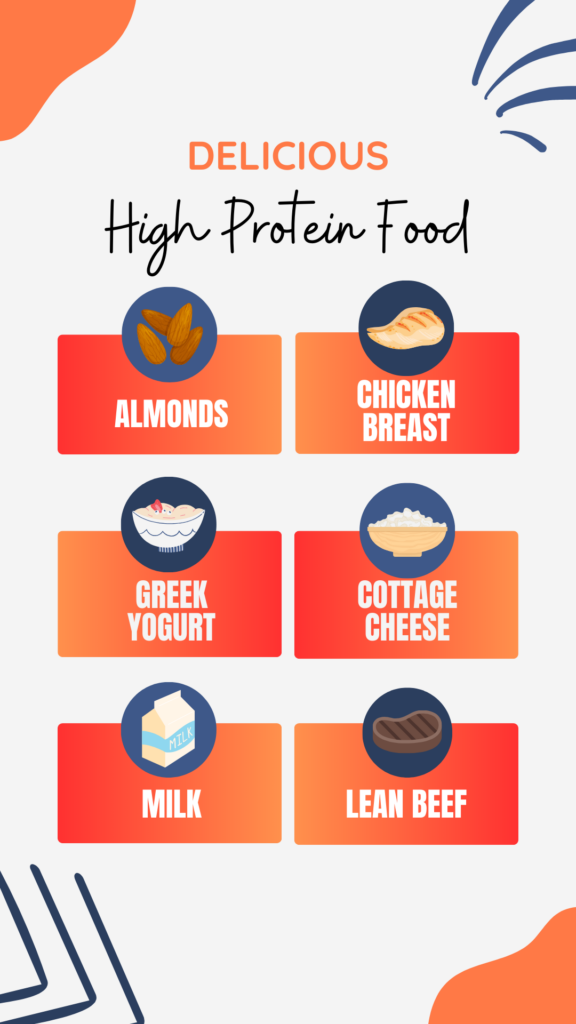
Protein for Weight Loss
In the ever-evolving world of fitness and nutrition, one aspect consistently stands out as a crucial factor in achieving successful weight loss: protein. While many individuals associate protein with muscle building and recovery, its importance extends far beyond the gym. In this blog post, we will explore the significant role that protein plays in weight loss and why it should be a staple in any well-rounded diet.
The Basics of Protein:
Proteins are essential macronutrients made up of amino acids, which are the building blocks of our body. Unlike carbohydrates and fats, the body does not store protein, making a consistent intake vital for overall health and wellness. When it comes to weight loss, protein offers unique advantages that contribute to a more effective and sustainable approach.
Satiety and Appetite Control
One of the primary benefits of including ample protein in your diet is its ability to promote feelings of fullness and satiety. Unlike high-carbohydrate or high-fat meals, protein-rich foods have a greater impact on reducing hunger and controlling appetite. This can result in fewer overall calories consumed, making it easier to adhere to a calorie deficit, a fundamental principle of weight loss.
Increased Thermogenesis
The thermic effect of food (TEF) refers to the energy expended during the digestion and absorption of nutrients. Protein has a higher thermic effect compared to carbohydrates and fats, meaning that the body burns more calories in the process of metabolizing protein-rich foods. This increased calorie expenditure contributes to a higher overall energy expenditure, aiding in weight loss efforts.
Preservation of Lean Body Mass
During weight loss, the goal is typically to reduce body fat while preserving lean muscle mass. Consuming an adequate amount of protein is crucial for this purpose. Protein supports muscle protein synthesis, helping to repair and build muscle tissue. This is particularly important when in a calorie deficit, as the body may turn to muscle for energy if protein intake is insufficient.
Blood Sugar Regulation
Balancing blood sugar levels is essential for weight management, as erratic spikes and crashes can lead to increased cravings and overeating. Protein has a stabilizing effect on blood sugar, helping to prevent sudden peaks and crashes. This can contribute to more stable energy levels throughout the day, making it easier to maintain a healthy eating pattern.
Practical Tips for Increasing Protein
- Incorporate lean protein sources such as chicken, fish, tofu, legumes, and low-fat dairy into your meals.
- Include a protein source in each meal and snack to ensure a consistent intake throughout the day.
- Consider protein supplements, such as protein powders or bars, to meet daily protein requirements, especially if dietary sources are limited.
In the quest for effective and sustainable weight loss, don’t overlook the power of protein. From promoting satiety and appetite control to preserving lean muscle mass and regulating blood sugar, protein plays a multifaceted role in supporting your weight loss goals. By making conscious choices to include protein-rich foods in your diet, you can enhance the effectiveness of your weight loss journey and enjoy the numerous health benefits that come with a well-balanced, protein-focused approach.

Contact Us to Get Started



